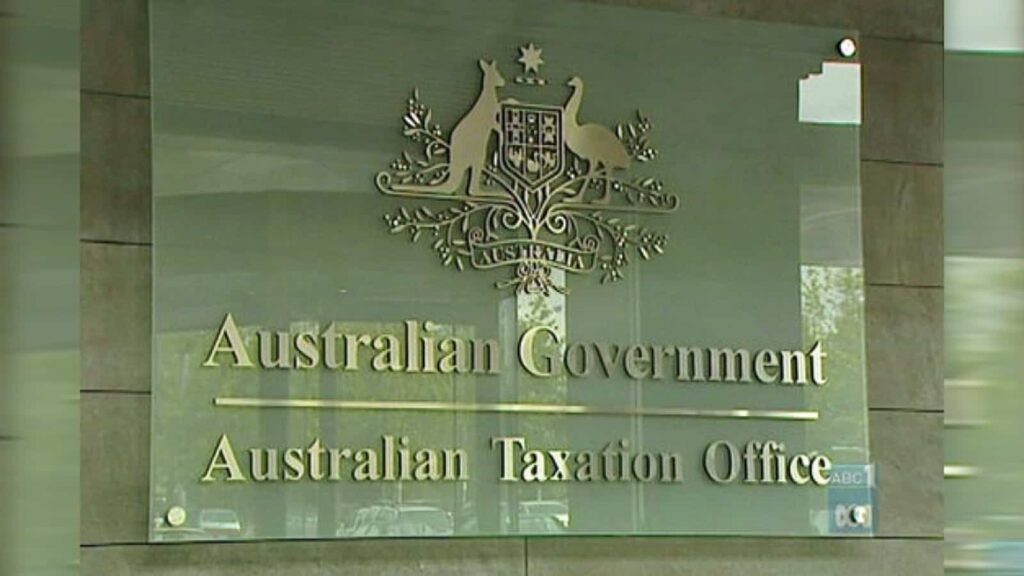A down payment is a payment made upfront by a borrower towards the purchase price of a property, typically when obtaining a mortgage loan. It is a percentage of the total purchase price that the buyer pays out of their own funds, while the remaining amount is financed through a mortgage.
Here are key points to know about down payments:
More Mortgage Readings
Mortgage Down Payment: How Much to Pay For Your Home Mortgage
Top 10 Home Buying Mistakes People Make
Top 5 Things To Consider When Buying a House
Understanding Mortgage And How to Use it
How to Know if you’re Ready to Buy a House
Key Features of Realtor.com Mortgage Calculator
Features of Freddie Mac Home Possible Mortgage Calculator
Do Credit Scores Impact Your Home Loan?
Purpose: The primary purpose of a down payment is to reduce the amount of money borrowed and provide a level of security for the lender. It shows the borrower’s commitment and financial stability, making the loan less risky for the lender.
Percentage: The down payment is usually expressed as a percentage of the total purchase price. The specific down payment percentage required can vary based on factors such as the type of mortgage, the lender’s requirements, and the borrower’s financial profile. In many cases, down payments range from 3% to 20% of the purchase price.
Effects on the Mortgage: The larger the down payment, the lower the loan-to-value (LTV) ratio, which is the loan amount divided by the property value. A lower LTV ratio may result in a more favorable mortgage rate, and lower monthly payments, and potentially avoid the need for private mortgage insurance (PMI) in some cases.
Source of Funds: Down payments can come from various sources, including personal savings, gifts from family members, or proceeds from the sale of another property. Lenders typically require documentation to verify the source of the down payment funds.
Down Payment Assistance: In certain cases, there may be down payment assistance programs available to help eligible buyers with their down payment, especially for first-time homebuyers or those with limited financial resources. These programs vary by location and have specific eligibility criteria.
It’s important to note that a larger down payment does not guarantee loan approval or the best mortgage terms, as lenders consider other factors such as creditworthiness and income stability.
Consulting with a mortgage professional can provide guidance on the specific down payment requirements and options available based on your individual circumstances and the loan program you are considering.




